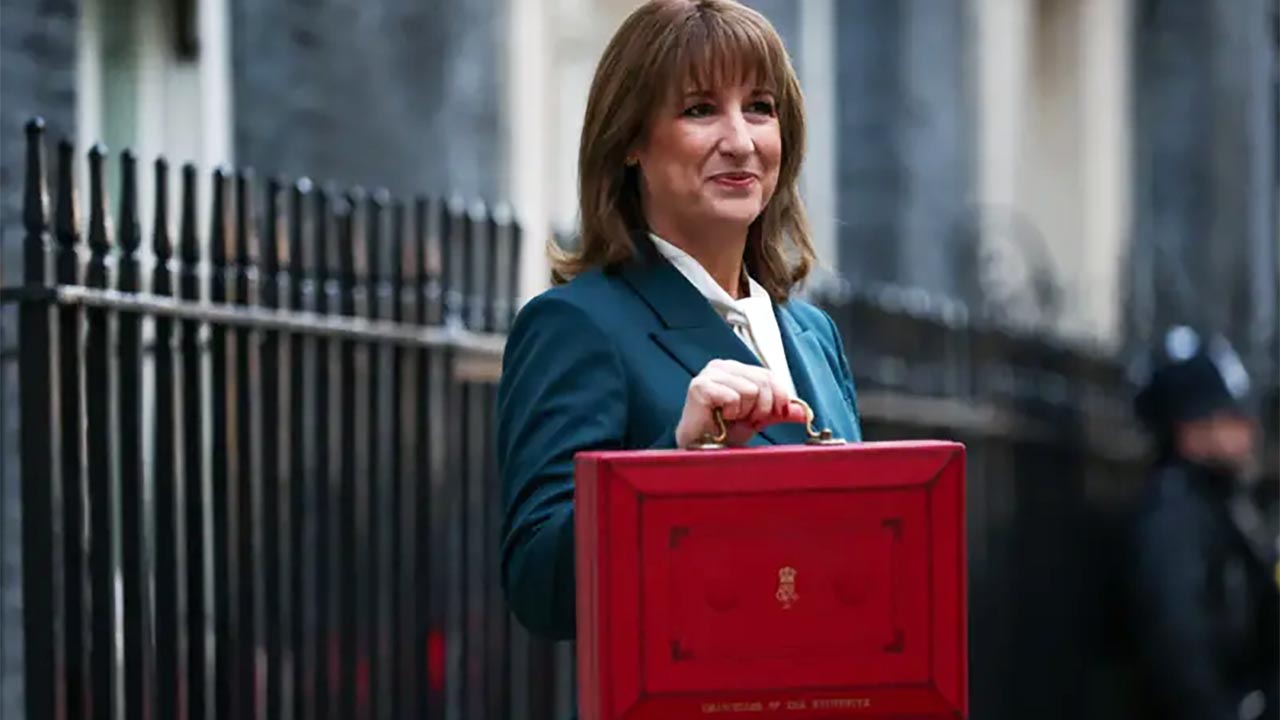This article was co-authored by Sally Milner, Trainee Solicitor, Manchester and Tegan Johnson, Solicitor Apprentice, Sheffield.
In July 2022, the annual rate of UK inflation (10.1%) was the highest it has been since 1982, affecting the affordability of goods and services. The high rates of inflation are predominantly due to supply chain disruptions and consumer demand, and the substantial increases in energy prices, although the UK inflation rate eased slightly in August to 9.9%, reportedly due to a monthly fall in petrol and diesel prices and smaller upward contributions from the price of food and clothing.
Support for businesses
Whilst a support package for households was announced by the government which includes a new energy price guarantee, to date, businesses (which were not covered by the new energy price cap) have had to absorb the impact of rising gas and electricity prices themselves. This is likely to have impacted the previous increase in inflation rates as energy bills were passed down the supply chain, raising fears that some businesses would be forced to close.
The recently published Company Insolvency Statistics for 1 April 2022 to 30 June 2022 (Q2 2022) show there were 5,629 (seasonally adjusted) registered company insolvencies during this period, an increase of 81% from Q2 2021. A possible explanation for this increase is likely to be a result of the remaining measures introduced by The Corporate Insolvency and Government Act 2020 (CIGA), for the purpose of helping to protect companies affected by lockdown restrictions during the pandemic, having come to an end on 31 March 2022. However, the subsequent increase in Q2 2022 is more likely to be explained by the increase in businesses experiencing financial difficulty as energy prices and interest rates rose.
Energy Bill Relief Scheme
On 21 September 2022, the UK Government published details of the Energy Bill Relief Scheme, which intends to offer similar support to businesses as that provided for consumers.
Under the scheme, the government will provide a discount on wholesale gas and electricity prices for all non-domestic customers (including all UK businesses, the voluntary sector and the public sector, such as schools and hospitals). The level of price discount for each business will vary depending on their energy contract type and circumstances.
The discount will apply to:
- Fixed contracts agreed on or after 1 April 2022, in addition to deemed, variable and flexible tariffs and contracts.
- Energy usage from 1 October 2022 to 31 March 2023.
The scheme will run for an initial six-month period and savings are expected to be seen in bills for energy usage throughout October, which are typically received in November. The support will automatically be applied to bills, without the need for businesses to apply to the scheme.
A review into the operation of the scheme will be published after three months, for the purpose of informing the government’s decision on the type of future support, if any, to be offered to businesses after March 2023. The review will focus in particular on identifying the most vulnerable non-domestic energy customers and how the government will continue to assist them.
Under provisions introduced under CIGA, a contract term for the supply of goods or services that provides either for automatic termination of the contract in the event of the customer’s insolvency, or which allows the supplier to terminate the contract (or doing “any other thing” or “any other thing” taking place) in such an event, is inoperable. These provisions apply to most of the formal insolvency processes.
Consequently, in the event of a customer insolvency, a business may be forced to continue to supply and cannot make it a condition of such continued supply that outstanding payments are made. This was a strategy sometimes adopted in order to mitigate the impact of a customer’s insolvency on a supplier which was owed money. The supplier should, however, be paid for any further supplies, normally as an expense of the relevant insolvency process.
With the additional strains on business customers as a result of the issues highlighted above, there is a heightened risk to suppliers. It has therefore perhaps never been as important to keep a tight rein on the credit extended to customers. Suppliers should consider whether long term supply contracts with individual customers are more desirable than individual or short-term supply contracts. Should suppliers find themselves in the unfortunate position of being required to continue to supply an insolvent customer, they should seek legal advice as soon as possible and ensure that any payments for future supply are made on time.
Gas and electricity suppliers have wide-ranging powers under the Electricity Act 1989 and the Gas Act 1986 up to and including making applications for warrants to enter premises and disconnect the supply if it has not been paid for.
Most commercial leases provide that the tenant is responsible for the payment of utility charges. But the terms of the lease will not prevent the supplier from exercising their statutory powers. And if premises are disconnected without the landlord’s knowledge once a lease has come to an end, the commercial reality of having to relet them as soon as possible could mean the landlord has no choice but to settle the tenant’s debt (which could be significant, even after the energy relief has been applied) in order for the supply to be reconnected.
Landlords would, in those circumstances, want to reserve the right to recover the arrears from their ex-tenants by claiming a breach of the lease. But again, the commercial reality is that there would be little point in pursuing a defendant who is already known to be in financial difficulty.
This could lead to landlords demanding bigger rent deposits, or even higher rents for new leases in an attempt to ‘price in’ the risk of tenant default. Equally, tenants may begin to demand new provisions to cap their liability for payment of utility charges and shift the responsibility onto the landlord beyond a certain amount. While it is difficult to comment in detail on the potential legal issues for landlords and tenants at this stage, the rising cost of energy seems set to affect an even wider group of businesses than was first thought.
Recommendations for businesses
In addition to the measures proposed by the government, there are a number of ‘clean-up’ tasks businesses can undertake to protect themselves throughout the ongoing crisis:
- Consider the ultimate purpose of the business and priorities for this difficult period.
- Prioritise accounts management and reviews of business performance. Consider what is working well and what requires adaptation.
- Review current suppliers and research quotes for other potential providers to cut down on costs.
- Consider whether medium- or long-term supply contracts with individual customers are desirable, or whether it makes more sense to limit contracts to individual supplies.
- Ensure prompt payment for work completed and chase payment for unpaid invoices where necessary. Check that large invoices have been received and approved before the due date to avoid unexpected delays.
- Changing behaviours to reduce unnecessary costs, such as reducing the cost of outgoings, reviewing regular expenses and considering whether they can be reduced, or avoided all together.
- Consider stock levels – holding less stock can minimise the cash tied up in products.
- If entering into a new lease as a landlord, consider asking the tenant for a security deposit and if agreed, ensure that the deposit deed allows for deductions to be made in respect of unpaid utility charges.
- If entering into a new lease as a tenant, consider asking the landlord to include clauses which cap the liability for utility payments at a certain level (beyond which the landlord will be required to contribute).
- Either way (and this will be important for avoiding disputes later on) make sure that the terms of the lease are clear when it comes to the division of responsibility for payment of utility charges.
This article first appeared on https://kennedyslaw.com/thought-leadership/article/cost-of-living-crisis/








